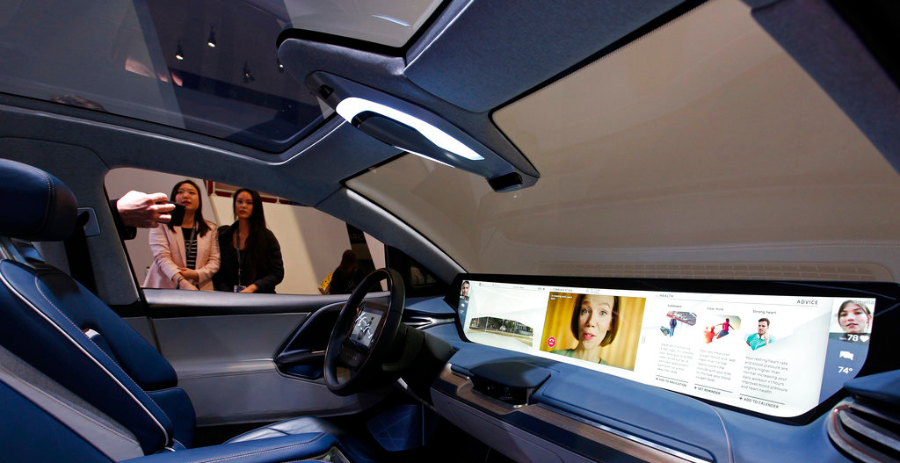arizona
Cars Under Surveillance: Essential Tips to Safeguard Your Privacy

General Motors Insurance is at the center of a legal storm as Texas has filed a lawsuit over claims that the company collected and sold sensitive driving data from over 1.5 million Texans without their consent. Launched initially in Arizona, GM’s insurance program utilizes the vast amounts of data generated by modern vehicles to tailor insurance rates, raising significant privacy concerns.
However, General Motors isn’t alone in this practice. Other manufacturers, such as Honda and Kia, operate driver rating systems that may also be sharing user data with third-party data brokers. Consumers are urged to check with their insurance providers to understand how connected car apps may influence their premiums.
A recent report by the Mozilla Foundation highlights alarming trends in automobile data collection. According to the report, many car manufacturers have transitioned into the data business by effectively transforming vehicles into data-gathering tools. The types of information collected can include everything from driving habits to personal health details, music preferences, and even genetic data.
Marc Lamber.
The findings underline the extent of the issue: 84% of the researched brands have admitted they share data with service providers, while 76% are willing to sell that information outright. Furthermore, over half have stated they can provide data to government entities upon request, and only two brands affirm that drivers can request data deletion.
In Arizona, where more than 98% of residents aged 16 or older hold a driver’s license, understanding and managing personal data in vehicles is crucial. With advanced technology becoming ubiquitous in cars, it’s vital for consumers to be vigilant in protecting their information.
For those renting vehicles and connecting their smartphones for ease of use, there are significant privacy risks. If users do not delete their data before returning a rental, future drivers or employees may have access to personal information. The FTC advises checking the app’s settings to manage data access permissions effectively.
Additionally, the FTC recommends that renters delete their devices from the car’s system settings. Car sellers should also take precautions: resetting the vehicle to factory settings, removing Bluetooth connections, and clearing any stored contacts and location data are prudent steps to safeguard personal information.
Reviewing privacy settings in vehicle infotainment systems can also enhance data protection. Opting out of data sharing with third parties is a crucial measure for individuals concerned about privacy.
The FTC Safeguards Rule enforces stringent practices for automobile dealers to protect consumer data, yet drivers should proactively educate themselves about the data their vehicles collect. As technology advances, prioritizing privacy alongside convenience is essential.
Marc Lamber, an attorney and public safety advocate in Arizona with three decades of experience, emphasizes the importance of data privacy in the context of modern vehicles.


















